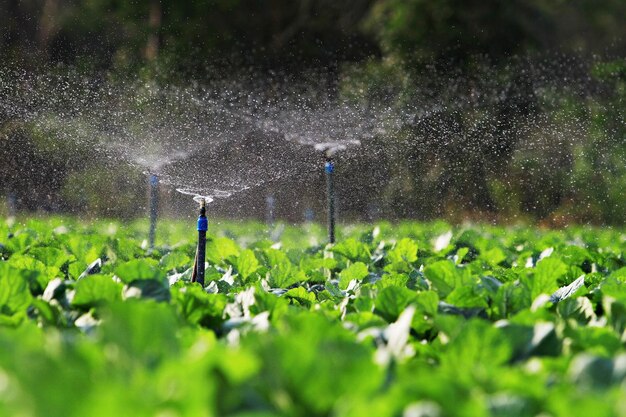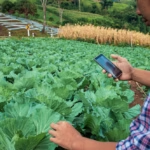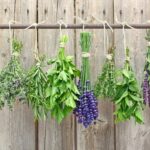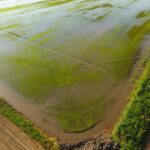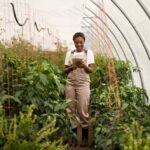Water scarcity is an increasing concern for farmers in South Africa due to climate change, population growth, and competition for water resources. Adopting sustainable water management practices is crucial for enhancing agricultural productivity, ensuring the longevity of water resources, and protecting the environment. This article provides practical strategies for South African farmers to implement sustainable water management practices on their farms.
1. Assess Water Needs and Resources
Conduct a Water Audit:
Start by assessing your farm’s current water usage and sources. This includes evaluating the amount of water required for irrigation, livestock, and other farming activities. Understanding your water footprint is essential for developing an effective management plan.
Evaluate Water Sources:
Identify available water sources, such as rivers, boreholes, and rainwater harvesting systems. Assess their reliability and sustainability, considering seasonal variations and potential legal restrictions.
2. Implement Efficient Irrigation Systems
Drip Irrigation:
Drip irrigation delivers water directly to the plant roots, minimizing evaporation and runoff. This system is highly efficient and can save significant amounts of water compared to traditional irrigation methods.
Sprinkler Systems:
If drip irrigation is not feasible, consider modern sprinkler systems that reduce water loss through evaporation and can be programmed to optimize usage.
Scheduling and Timing:
Irrigate early in the morning or late in the evening to reduce evaporation. Use soil moisture sensors to determine the optimal irrigation times, ensuring that water is applied only when needed.
3. Promote Soil Health
Soil Conservation Practices:
Implement soil conservation techniques such as cover cropping, mulching, and reduced tillage. These practices improve soil structure and increase water retention, reducing the need for frequent irrigation.
Organic Matter Addition:
Incorporating organic matter into the soil, such as compost or manure, enhances soil fertility and moisture retention, improving overall water management.
4. Rainwater Harvesting
Collecting Rainwater:
Install rainwater harvesting systems to capture runoff from roofs and other surfaces. Stored rainwater can be used for irrigation, livestock, and other farming activities during dry periods.
Storage Solutions:
Use tanks or reservoirs to store harvested rainwater. Ensure that these systems are properly maintained to prevent contamination and ensure water quality.
5. Use Water-Saving Technologies
Smart Irrigation Technologies:
Invest in smart irrigation technologies that utilize weather data and soil moisture levels to optimize water usage. These systems can automatically adjust irrigation schedules based on real-time conditions.
Mobile Applications:
Utilize mobile apps and software designed to help farmers monitor water usage and make informed irrigation decisions based on weather forecasts and soil moisture data.
6. Crop Selection and Rotation
Drought-Resistant Varieties:
Choose crop varieties that are drought-resistant and well-suited to local conditions. These crops require less water and can thrive in periods of low rainfall.
Crop Rotation:
Implement crop rotation practices to improve soil health and reduce the overall water demand of crops. Rotating deep-rooted and shallow-rooted crops can also enhance soil moisture retention.
7. Monitoring and Reporting
Track Water Usage:
Regularly monitor water usage and crop performance to identify trends and areas for improvement. Keeping detailed records can help in making informed decisions about water management practices.
Engage with Local Water Authorities:
Stay informed about local water regulations, conservation programs, and available resources. Engaging with water authorities can provide valuable insights into sustainable practices and potential funding opportunities.
8. Community Collaboration
Participate in Local Initiatives:
Join local farming groups and initiatives focused on sustainable water management. Collaborative efforts can lead to shared resources, knowledge, and strategies for better water conservation.
Education and Training:
Invest in training programs and workshops on sustainable water management practices. Keeping updated with the latest research and technologies can enhance your farm’s water efficiency.
Sustainable water management is critical for the resilience and productivity of South African agriculture. By implementing efficient irrigation systems, promoting soil health, harvesting rainwater, and choosing appropriate crops, farmers can optimize water usage while safeguarding this precious resource. Adopting these practices not only benefits individual farms but also contributes to the overall sustainability of South Africa’s agricultural sector, ensuring that water resources are available for future generations.

